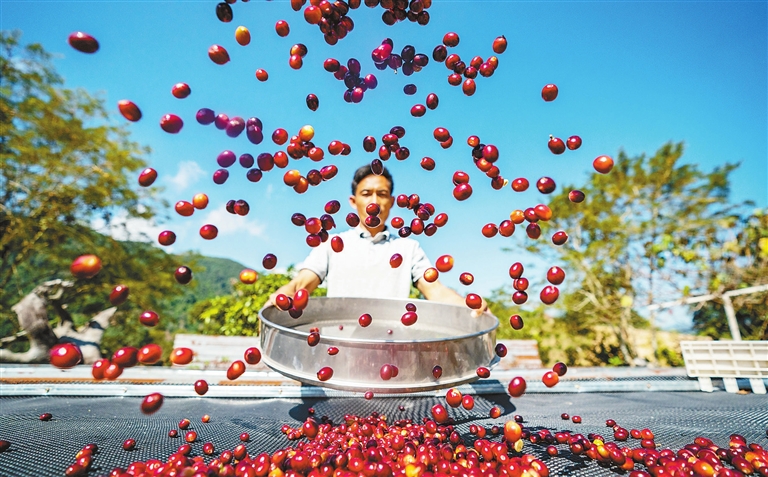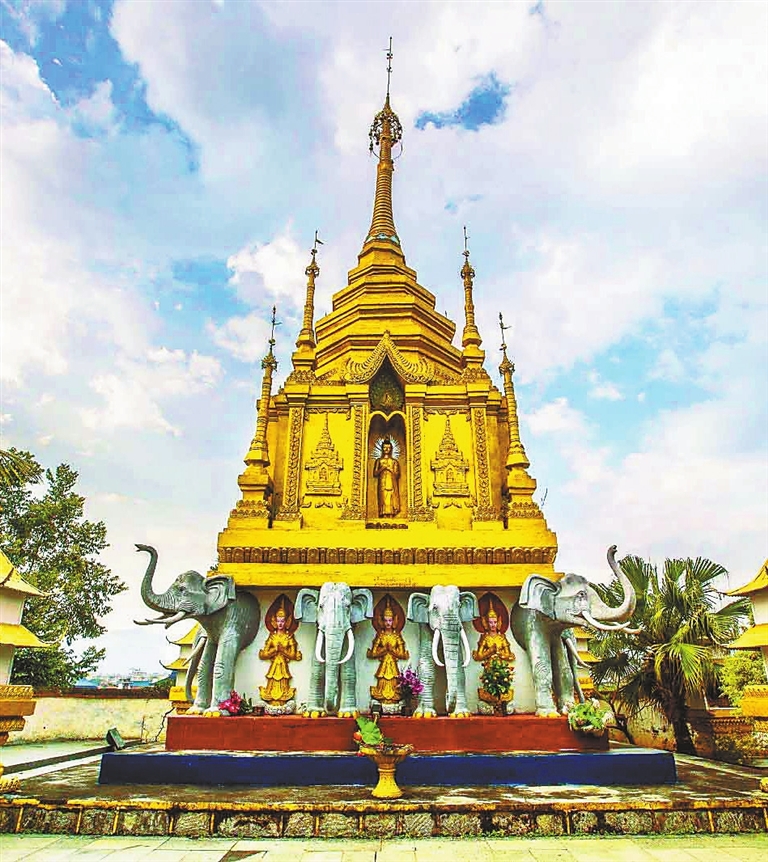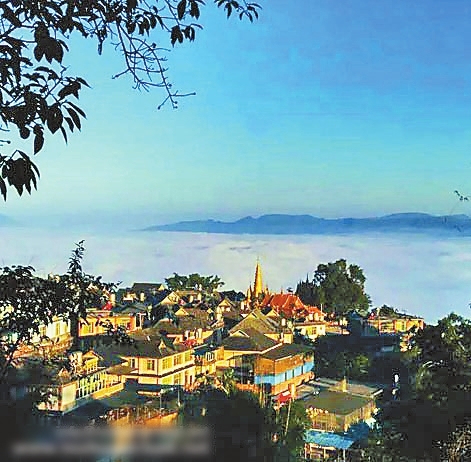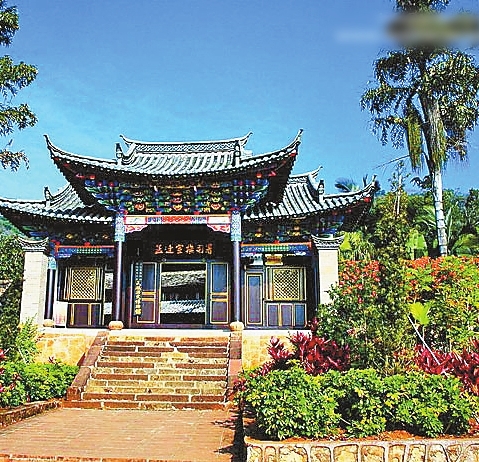



BORDERING the three countries of Vietnam, Laos and Myanmar, Pu’er, the largest prefecture-level city in Southwest China’s Yunnan Province, is becoming increasingly known among travelers in recent years. In addition to being the home of one of China’s most well-known tea varieties, this city has much more that awaits your exploration. Nayun Ancient Town Nayun Ancient Town had a status in the heart of the Dai people not too different from that of the Forbidden City in the heart of the Han people. For more than six centuries since its establishment in 1289, this town in Menglian Dai, Lahu and Wa Autonomous County, whose name means “inner city” in the Dai language, was the political and economic center of the Dai community as it houses the administration hall where the ruler of the Dai people, known as Tusi, wielded his power. As the last existing ancient town inhabited by the Dai people in China, it is now a popular destination among visitors who wish to explore a bit about the past of this land of diverse ethnicity. When you enter the ancient town, your eyes will be instantly caught by the quintessential Dai houses with lush tropical plants around them before the mouth-watering Dai delicacies sold by vendors divert your attention. The whole town is divided into five areas. The two areas in the outskirts known as Mangfanggang and Mangfangmao used to house the dwellings of the hunters and the foresters; the lower town and the mid town were where the junior and senior officials live respectively; and the upper town is where the administration hall and the palace of the Tusi are located. If you would like to discover what the place where Dai officials met to discuss civil affairs was like, then be sure to visit the administration hall. Through reading the plaques on its walls, you may get a glimpse of the major events that had taken place here. Buddhist temples, which play an important role in the daily life of the Dai people and can be found not just in the upper town area but also in the mid and lower town areas, are also worthy of a visit for their unique decorations with Dai elements. Coffee farms The widespread mountains and monsoon climate makes Pu’er an ideal place for the growth of not only tea, but also coffee beans. As coffee gains more popularity among young people, Pu’er’s coffee industry has seen robust growth in recent years. With its area of farmland for growing coffee beans reaching 668,000 mu (44,533 hectares) and an annual production of 46,000 metric tons, the city is one of China’s largest coffee bean producing regions and a major hub for coffee-related commerce. The 2020 comedy movie “Coffee or Tea” starring Liu Haoran, Peng Yuchang and Yin Fang has allowed many who previously only associated coffee with an imported product to get to know this domestic coffee bean producing region with great potential. To provide visitors with a unique coffee-themed experience, Pu’er actively promotes the “from coffee farms to coffee shops” travel model which features visits to both coffee farms out of town and coffee shops in town. One of the coffee farms on many coffee lovers’ must-go list is Xiaowazi Coffee Farm (小凹子咖啡庄园), run by the family of 81-year-old Liao Xiugui, who has been dedicated to coffee bean planting and processing in Yunnan for over three decades. Situated around 17 kilometers from Pu’er’s city center, this 300-mu farm is among the first batch of 25 local coffee farms to be granted the right to use a geographical indication on the label of their products. Don’t worry if you know little or even nothing about coffee, as the hospitable coffee farm owner will brief you on the basics of coffee such as how it is grown, harvested and processed as he takes visitors for a tour around the farm. (Yu Yuanfan) | 
